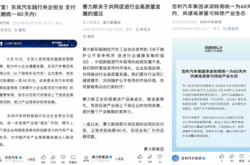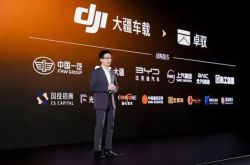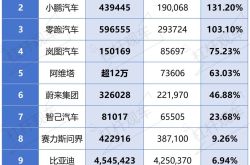AI music first stock
![]() 08/27 2024
08/27 2024
![]() 653
653
Writer: Poetry and Starry Sky
ID: SingingUnderStars
There is a setting in "The Matrix" where robots (silicon-based life) rule the Earth, enclosing humans in artificial wombs like petri dishes and using them as batteries.

Then, through AI, a virtual world is created where humans live, age, and die.
At the time, I wondered, do robots really need the little electricity provided by human bodies?
With the advent of the AI era, I suddenly realized that the batteries here are not electricity but material for AI training.
Human thought is derived from a complex biological neural network, which AI needs extensive learning to master. By using humans as training material, AI can replace and surpass humans, achieving high-quality immortality for silicon-based life.
In an official group of a well-known platform, big V creators found a large number of AI-generated content: articles trending on hot searches were automatically crawled using RPA, then rewritten and automatically paired with images by AI, and finally automatically posted across controlled account matrices for secondary traffic bursts.
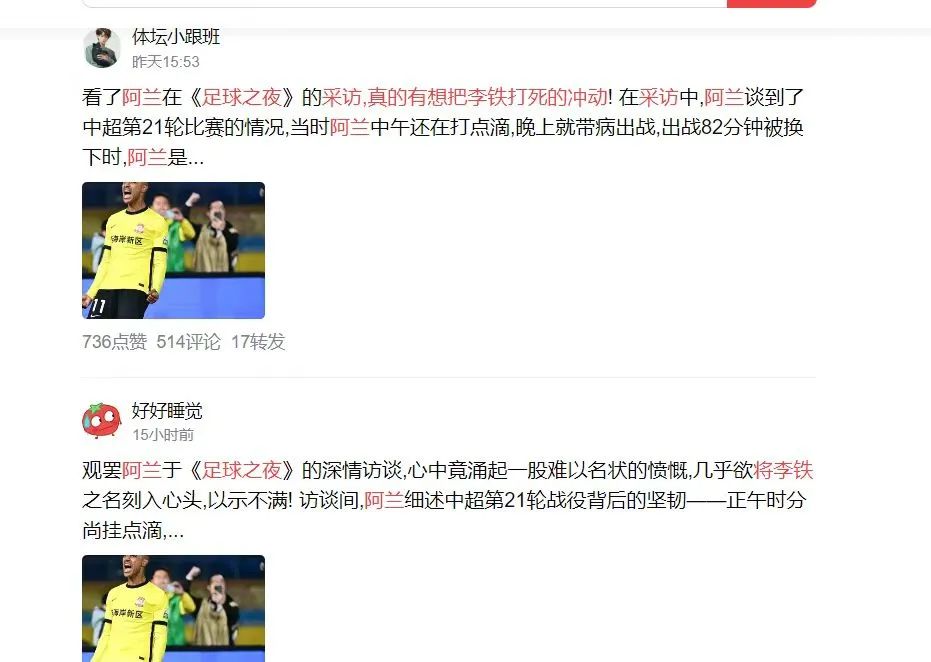
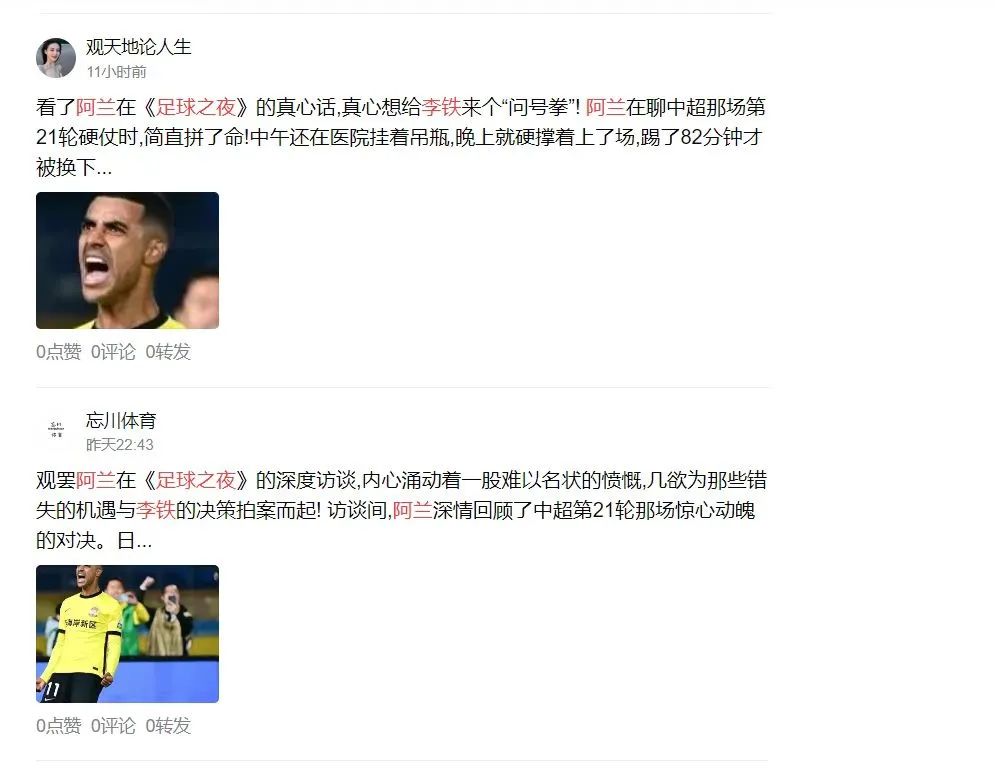
Some individuals obtain hundreds of accounts through gray market channels, earning tens of thousands per month. Platform supervision? It's actually tacitly allowed by the platform. All platforms are now training their large models to replace costly human creators.
Some may argue that while text and images can be easily replaced, voice and video are more challenging. However, platforms like Kuaishou, Douyin, and Xiaohongshu are developing their video large models. Kuaishou's Keling has already gained popularity among global AI enthusiasts.
01
Kunlun Tech and Its Tiangong Large Model
As one of the first batch of users, the writer joined the official Tiangong group and created some very bizarre music. In the field of AI music, Tiangong and Suno each have their unique strengths.
The recently released half-year report shows that the company launched its Tiangong music service for C-end users in April in China. Overseas, the company introduced Melodio, the world's first AI streaming music platform, and Mureka, an AI music creation platform. SkyReels, the AI short video platform, was officially launched on August 19, integrating the company's self-developed SkyScript script large model, StoryboardGen shot composition large model, Sky3DGen 3D generation large model, and WorldEngine, the industry's first innovative platform that deeply integrates AI 3D engines with video large models.
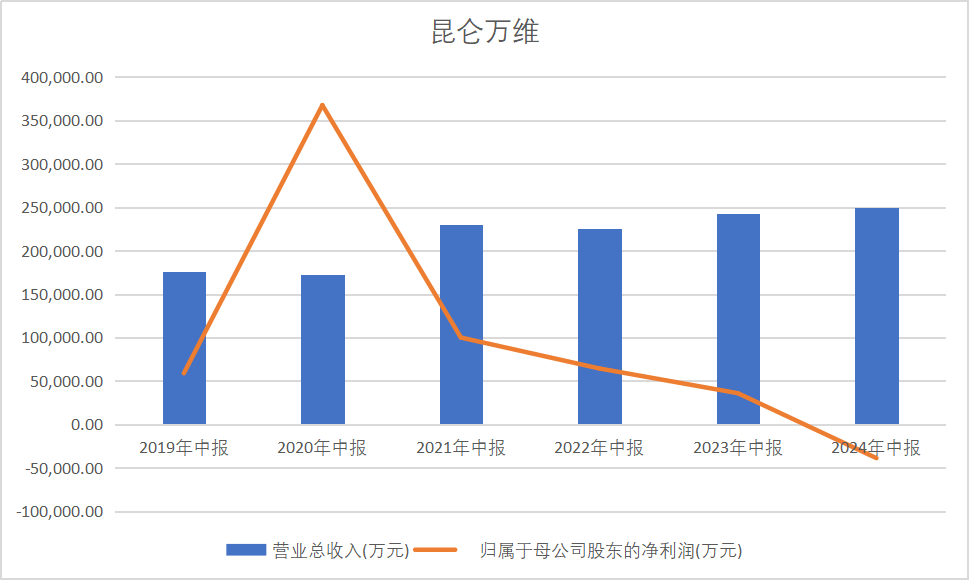
Data Source: iFinD; Chart: Poetry and Starry Sky
The company's first-half revenue was 2.502 billion yuan, with a net loss of 389 million yuan attributable to shareholders of listed companies. Compared with the same period last year, total revenue increased by 3.16%, while net profit turned from a profit of 358 million yuan to a loss.
The main reason for the decline in performance is the significant investment in AI, as the company is determined to transform towards AI.
The writer has seen many listed companies crying out for AI transformation, but most are merely Riding on the heat . Only Kunlun Tech is truly willing to go all in.
In the first half of 2023, the company's R&D expenses were 350 million yuan; in the first half of 2024, they increased more than doubled to 750 million yuan, directly affecting profits.
Why invest so heavily in AI despite the costs? Because Kunlun Tech is attempting to become the ByteDance of Africa.
02
Dimensionality Reduction Attack on the African Market
The writer has introduced that Transsion Holdings is the leading mobile phone brand in Africa. In 2023, it sold 34.5 million phones in Africa, accounting for a 50% market share, earning it the title of "King of Africa". However, its products are primarily low-to-mid-range, with an average price of only 600-700 yuan (mainly using domestic Ziguang Tiger T series chips).
This means that the performance of these phones cannot compare to Apple, Huawei, or Xiaomi, with limited memory and speed, limiting the number of apps that can run simultaneously. Opera, known for its extreme performance, has become a favorite among Africans.
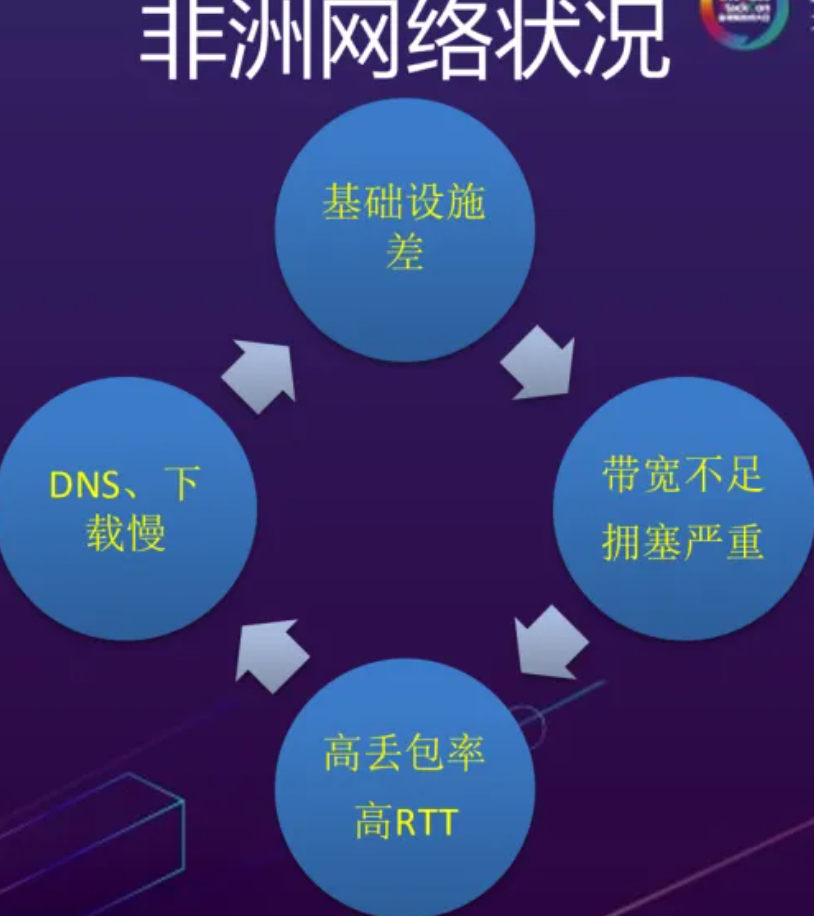
Opera has developed two traffic compression technologies (Turbo and OBML), with the latter capable of compressing up to 90% of web content, significantly reducing data usage costs.
As early as 2016, Kunlun Tech acquired Opera with the assistance of 360. After years of equity changes, Kunlun Tech now holds an absolute controlling stake in Opera.
Who says there are no domestic browsers? By replicating the domestic mobile app ecosystem, Opera resembles Africa's version of Toutiao.
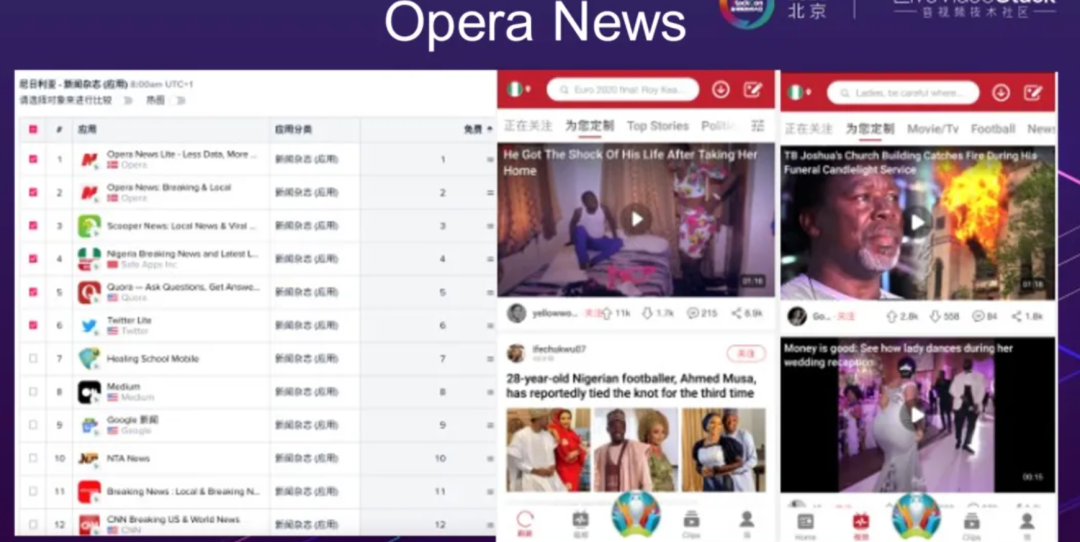
Furthermore, Kunlun Tech has brought some domestic businesses that are currently unavailable to Africa, such as micro-loans. Not only that, but the AI trend is also flourishing in Africa.
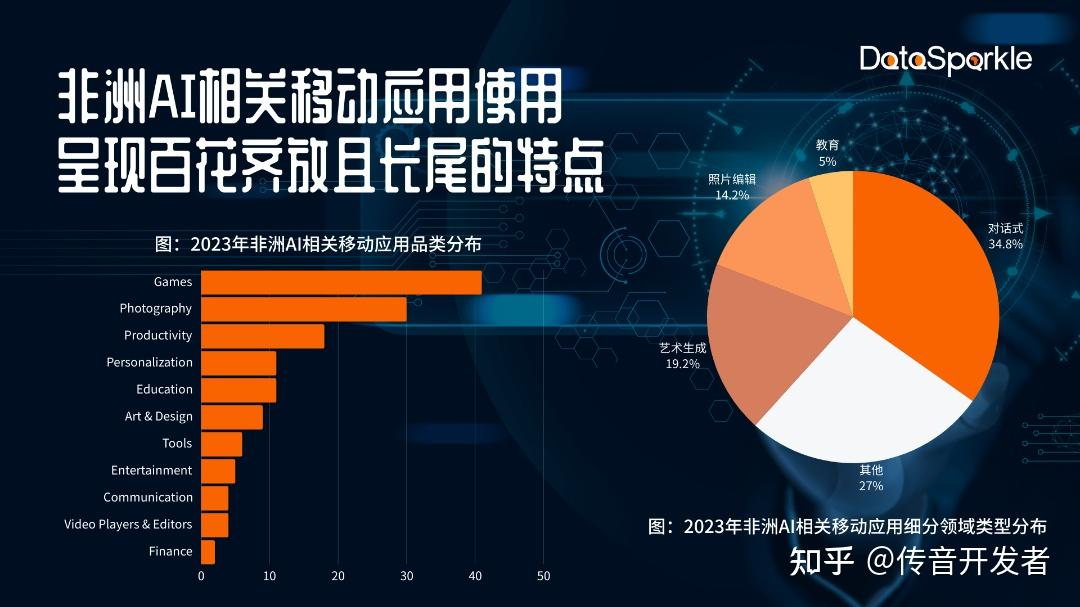
Due to the lack of intense domestic competition, Kunlun Tech's rapid development in Africa has generated billions in revenue.
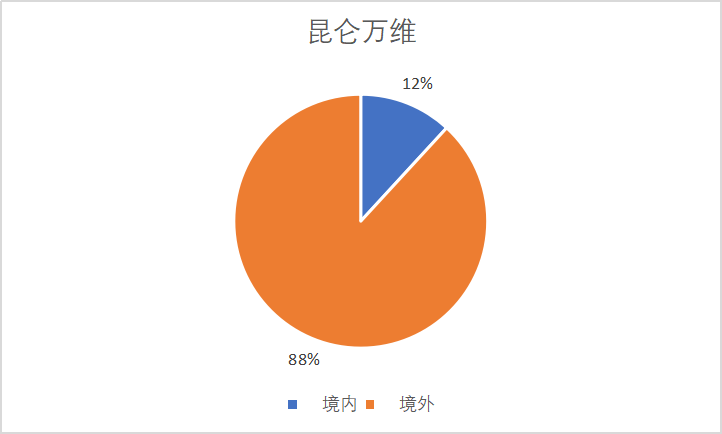
Data Source: iFinD; Chart: Poetry and Starry Sky
Currently, nearly 90% of Kunlun Tech's revenue comes from Africa. Using AI technology can enhance user experience while significantly reducing labor costs, justifying the company's significant investment in AI.
03
Overseas Business Risks
Although the African market offers great potential, it also presents numerous uncontrollable risks.
First, there are political and legal risks. The political environments and laws of the countries and regions where the company operates differ, potentially affecting its ability to accurately grasp local political situations. If the company lacks a comprehensive understanding of relevant laws and regulations, it may face risks of failing to meet local regulatory requirements or incurring penalties, even leading to the closure of its operating platforms.
Second, there are cultural differences. Users in different countries and regions may have different preferences for internet products, making it challenging for the company to adapt successful products in one region to other markets. As the company expands overseas, it may need to recruit and manage employees from diverse cultural backgrounds, posing challenges in talent recruitment and management.
Third, there are operational model and market adaptability risks. If the company fails to fully understand the internet product operation models in some countries or regions, its initial investments may not achieve the desired results. The company needs to identify and adapt to the characteristics of different markets, including user preferences and consumption habits, to ensure that its products and services meet local demands.
Fourth, there are exchange rate risks. As the company's overseas business involves multiple currencies, fluctuations in international exchange rates may pose foreign exchange risks, affecting its financial position.
Fifth, there are intellectual property risks. In overseas markets, the company may face challenges in protecting its intellectual property, especially given the differences in intellectual property laws and enforcement efforts across countries.
As Chinese enterprises increasingly expand overseas, it is essential to be aware of these risks. While not all overseas expansions will succeed, studying successful cases can provide valuable insights into effective overseas business expansion strategies.
- END - Disclaimer: This article is based on publicly disclosed information from listed companies, including temporary announcements, periodic reports, and official interactive platforms. Poetry and Starry Sky endeavors to ensure the fairness of the content and opinions presented but does not guarantee their accuracy, completeness, or timeliness. The information or opinions expressed herein do not constitute investment advice, and Poetry and Starry Sky assumes no responsibility for any actions taken based on this article.
Copyright Notice: The content of this article is originally created by Poetry and Starry Sky and may not be reproduced without authorization.


